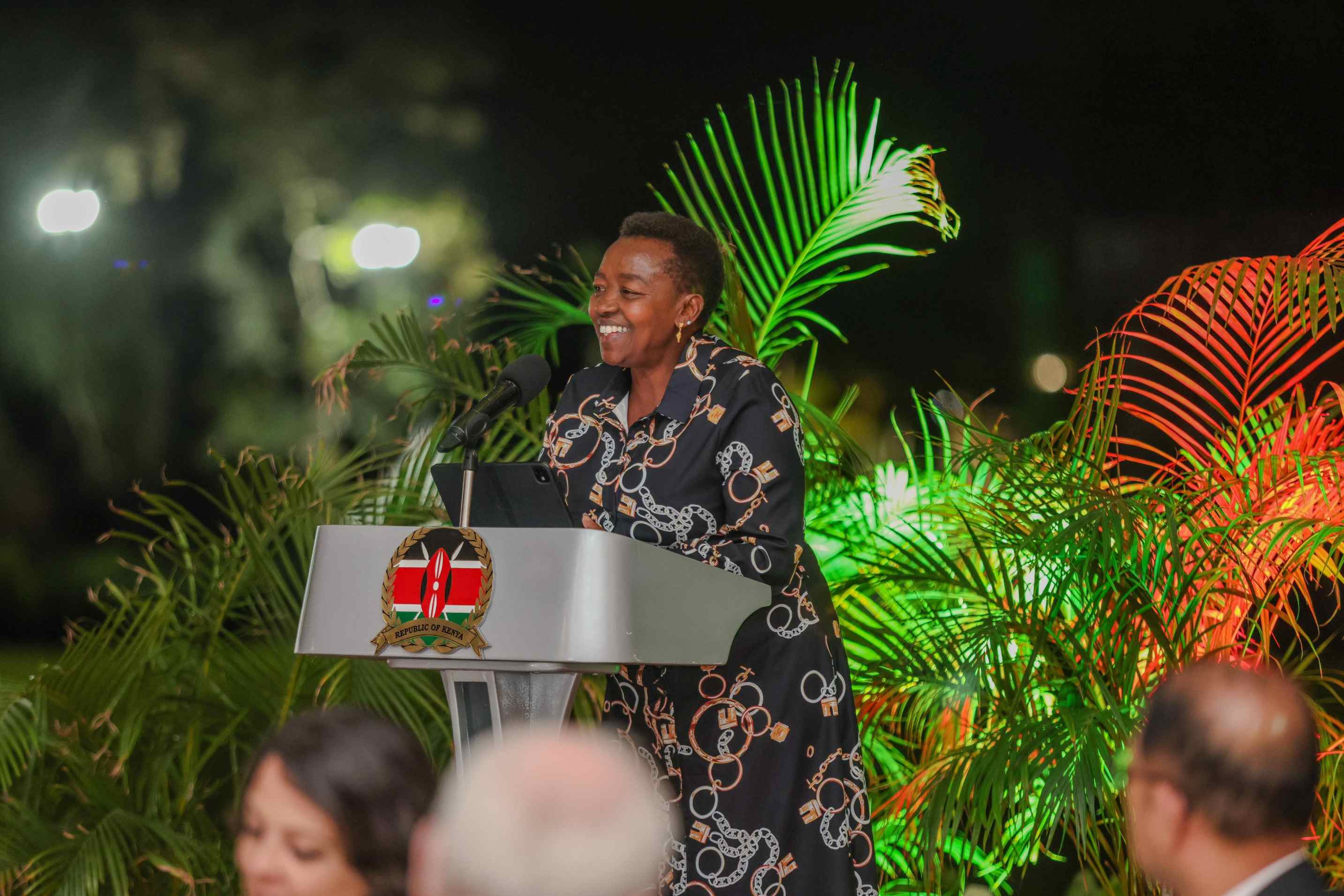As the world marks World Autism Day, in Kenya, First Lady Rachel Ruto led participants in a 5km walkathon on Tuesday in Kasarani, Nairobi County, to raise awareness about the disorder.
The event brought together various leaders, including Kasarani MP Ronald Karauri, Nairobi Women Representative Esther Passaris, children, and autism awareness advocates, in a show of solidarity and support for individuals living with autism.
World Autism Day, designated by the United Nations General Assembly in 2007, aims to promote the rights and full inclusion of autistic individuals in society.
This year’s theme, “Advancing Neurodiversity and the UN Sustainable Development Goals (SDGs),” highlights the link between neurodiversity and global sustainability efforts, emphasizing how inclusive policies can drive meaningful change.
In Kenya, autism awareness has been gaining momentum, though challenges remain in terms of support, resources, and public understanding.
Meanwhile, UN Secretary-General António Guterres called for renewed commitment to create a more equal and inclusive world in his message marking World Autism Awareness Day.
“People with autism often experience isolation, stigma, and inequality. They have been denied healthcare and education – especially during crises – and their legal capacity has been unrecognized and over-ridden,” the Secretary-General said.
“Such discrimination contravenes the Convention on the Rights of Persons with Disabilities and the Sustainable Development Goals’ commitment to leave no one behind. It must change,” he added.
Autism, or autism spectrum disorder, constitutes a diverse group of conditions related to the development of the brain, according to a fact sheet by the World Health Organization (WHO).
Characteristics may be detected in early childhood, involving some degree of difficulty with social interaction and communication, however, diagnosis often does not occur until much later.
It is estimated that about 1 in 100 children worldwide has autism.
Available scientific evidence suggests that there are probably many factors that make a child more likely to have autism, including environmental and genetic factors, WHO said.
